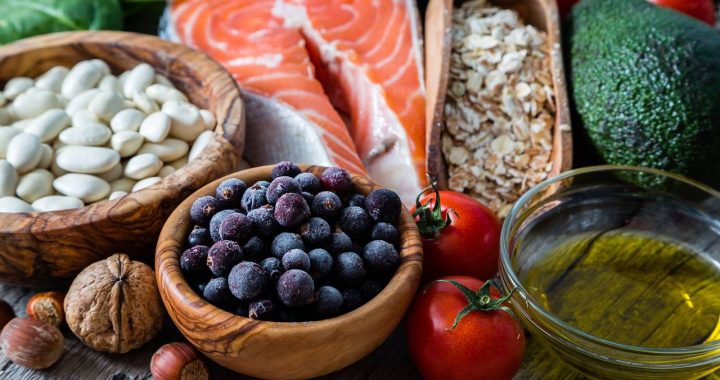Nutrition is the key to a healthy Brain
Your nutrition plays a key role in the onset, severity and duration of depression, including daily mood swings - your mental health. Many of the same food patterns that precede depression are the same food patterns that occur during depression. These patterns may include skipping meals, poor appetite, and a desire for sweets.
It is so important to get the balance right. For example, people who follow extremely low carbohydrate diets also run the risk of feeling depressed or blue. This is because the brain chemicals that promote a feeling of well-being, tryptophan and serotonin, are triggered by those carbohydrate rich foods. It has to be the right type of carbs though!
Brain Chemicals
Having a high serotonin level – which is occasionally referred to as our ‘satisfaction’ brain chemical – gives us a sense of happiness. Serotonin can overcome the desire to overeat sugary and refined carbohydrate foods.
Maintaining good serotonin levels is possibly one of the most important, yet most ignored, means of reducing that urge to binge-eat and drink. We make serotonin from tryptophan, so eating tryptophan rich foods such as turkey, chicken and milk can naturally boost our serotonin levels.
Fatty omega-3 acids, found in oily fish such as mackerel and salmon, are also present in chia seeds and flax seeds. Omega-3 stimulates the brain’s chemical receptors which are built from fats. Therefore, consuming enough omega 3 in your diet is important for that serotonin ‘message’ to be received.
Certain foods contain the starting materials for some of our brain’s neurotransmitters. If our diet is deficient in some of these nutrients or precursors, then our brain will not be able to produce some vital neurotransmitters.
Neurological and mental disorders may occur when the balance of our neurotransmitters becomes upset. Some examples of neurotransmitter precursors include:
- Aspartic Acid: Used to make aspartate; found in peanuts, potatoes, eggs and grains.
- Choline : Used to make acetylcholine; found in eggs, liver and soybeans.
- Glutamic Acid: Used to make glutamate; found in flour and potatoes.
- Phenylalanine: Used to make dopamine; found in beets, soybeans, almonds, eggs, meat and grains.
- Tryptophan: Used to make serotonin; found in eggs, meat, skim milk, bananas, yogurt, milk, and cheese.
- Tyrosine: Used to make norepinephrine; found in milk, meat, fish and legumes.
Vitamin D
A lack of vitamin D is now known to be linked to fatigue, a weaker immune system and can cause depression or SAD; seasonal affected disorder.
Serotonin, the brain hormone associated with mood elevation, rises with exposure to bright light and falls with decreased sun exposure. In 2006, scientists evaluated the effects of vitamin D on the mental health of 80 elderly patients. They found that those with the lowest levels of vitamin D were 11 times more prone to be depressed than those who received healthy doses.
Vitamin D is an immune boosting vitamin. Therefore, a vitamin D deficiency can lead to feeling tired, cause a lack of energy and frequent illnesses, such as colds and common viruses.
A study done by John Hopkins University found that teens with low levels of vitamin D were 5 times more likely than their peers to become obese. It is unsure how they are linked but the lack of energy caused by low vitamin D levels can reduce activity levels in teens.
A vitamin D deficiency can also make symptoms of depression worse due to being withdrawn and fatigued. During the winter months, it may be advisable to take a vitamin D3 supplement. It is not easy to derive enough of this vitamin from our diet alone.
Nutrition and Mental Health
Note that whilst food plays a vital role in nutrition and depression, it is essential to remain hydrated, as the human brain is 80% water. Fundamentally, even the slightest depreciation of hydration levels can raise stress hormones. This will have the potential to injure an individual’s brain over time.
- Are you eating enough of the right nutrients for your Brain?
- Do you understand how and when to balance these requirements?
- Book a Nutritional MOT with the FOOD COACH
